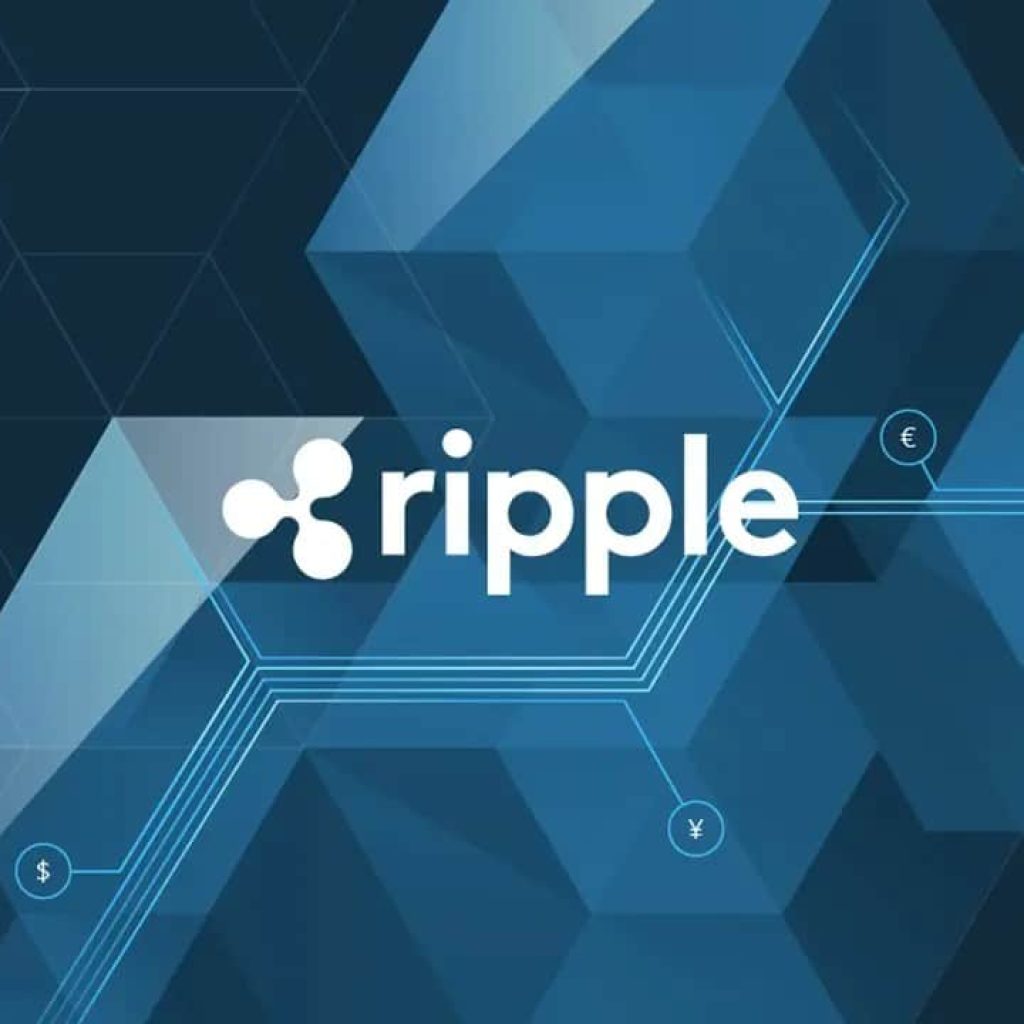The New Development Bank (NDB), better known as the BRICS bank, recently welcomed a new prospective member, Honduras.
The Central American nation formally expressed its interest in becoming part of this financial institution that is garnering global attention due to its inclusive and unconventional approach to international finance.
Honduras’ audacious bid for development
The Honduran President, Xiomara Castro, personally delivered the request during her state visit to China, fulfilling the invitation extended by the Chinese President, Xi Jinping.
This diplomatic visit sought to strengthen economic, cultural, and political ties, and Honduras’s application to the BRICS bank became the cornerstone of this mission.
In a meeting with the BRICS bank president, Dilma Rousseff, in Shanghai, Castro underscored Honduras’ commitment to promoting sustainable development and global cooperation.
Rousseff, welcoming the initiative, emphasized that the NDB’s doors are always open to new members keen on contributing to its development agenda.
Castro’s visit to the bank, as affirmed by Rousseff, held substantial importance. It represented a deviation from traditional economic alliances and a step toward a model designed to disrupt the existing global financial hegemony.
A radical alternative to traditional finance
President Castro’s drive to secure Honduras’ membership in the BRICS bank manifests the nation’s pursuit for financial alternatives that diverge from the traditional models.
These orthodox models, Castro argued, have frequently exacerbated poverty and hardship in developing countries like Honduras.
The Honduran President strongly believes that the BRICS bank can offer mechanisms that will spur the Honduran economy and foster strategic alliances that can significantly uplift the quality of life for her people.
The BRICS bank, established in 2014, has started to gain traction recently with the rise of the BRICS bloc – Brazil, Russia, India, China, and South Africa.
These emerging economies offer a more decentralized approach to global finance that appeals to nations looking to pivot away from conventional financial institutions.
Expanding BRICS bank membership
At present, the BRICS bank includes three countries — Bangladesh, Egypt, and the UAE — in addition to the founding BRICS members. Honduras’ aspiration to join these ranks marks a significant step for the country in diversifying its economic and diplomatic relationships.
Argentina, another Latin American nation, has expressed its interest in joining the NDB, with an anticipated vote on its admission slated for August. Brazil has already expressed its support for Argentina’s bid, further signaling the widening influence of the BRICS bank.
In a move to broaden its membership and reduce its dependence on Russia, the BRICS bank is also in discussions to accept Saudi Arabia. The kingdom’s addition would be a significant development, given Russia’s current 19% stake in the bank.
Honduras’ application to join the BRICS bank and the broader trend of nations seeking alternative financial structures signifies a transformative moment in global finance.
This move could disrupt the conventional financial landscape, providing new opportunities for emerging economies looking for unique ways to stimulate growth and development.






